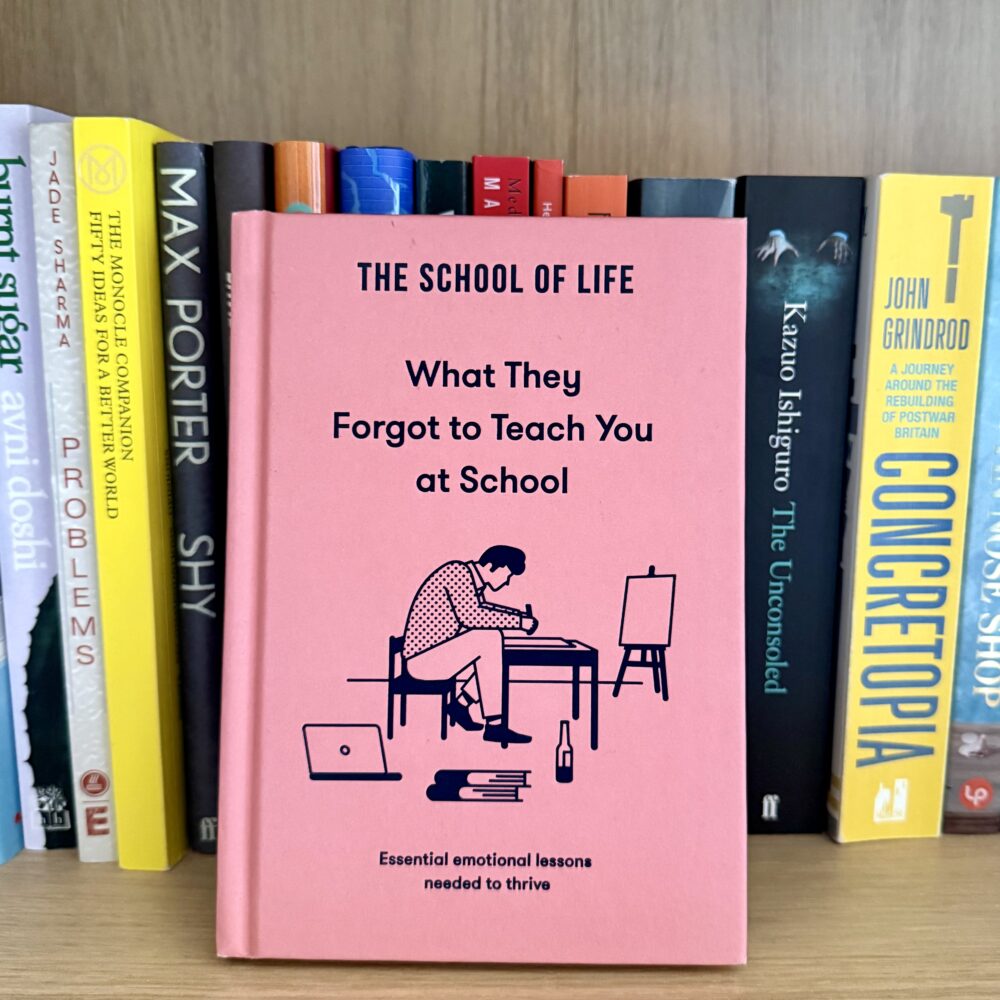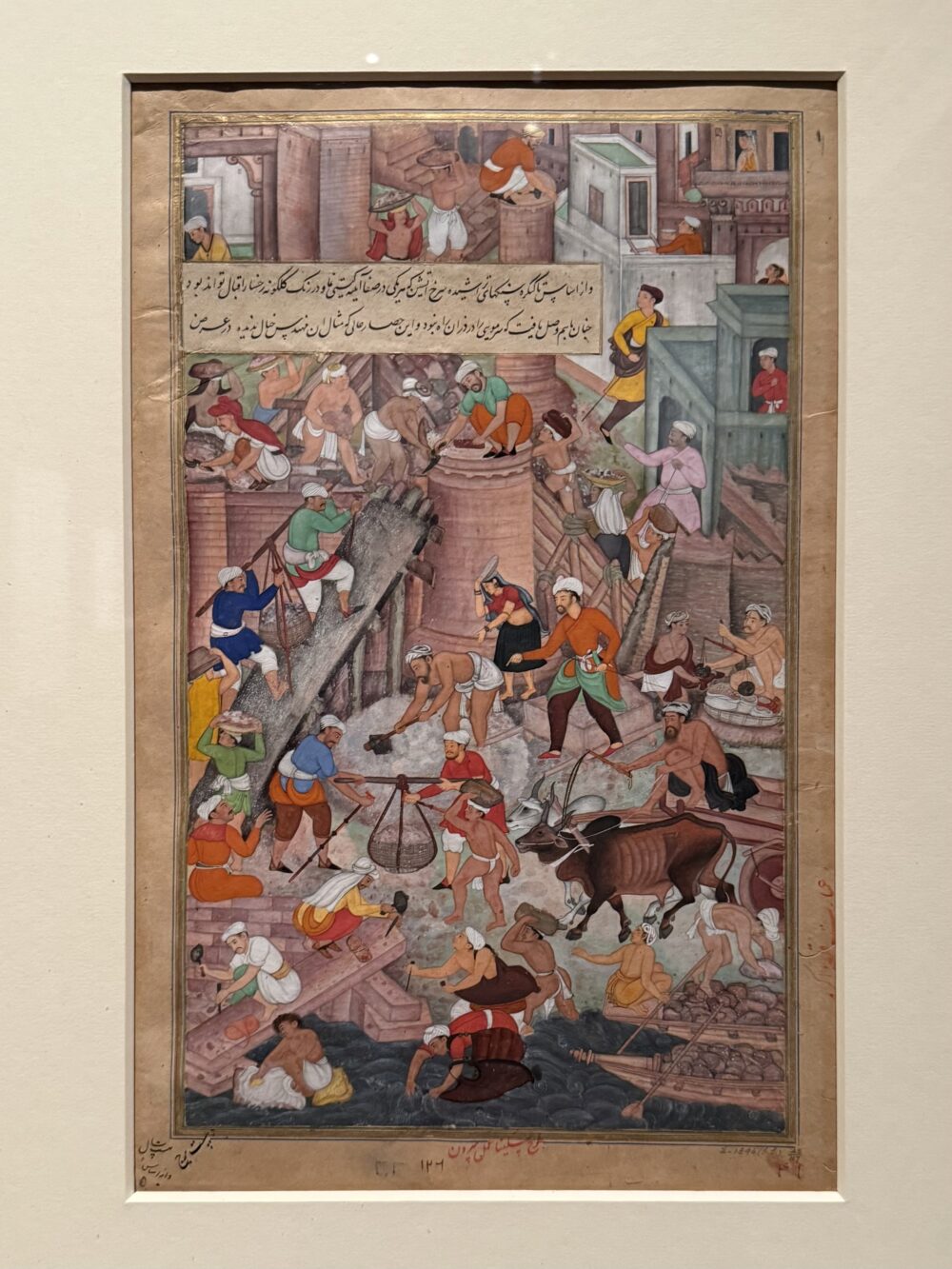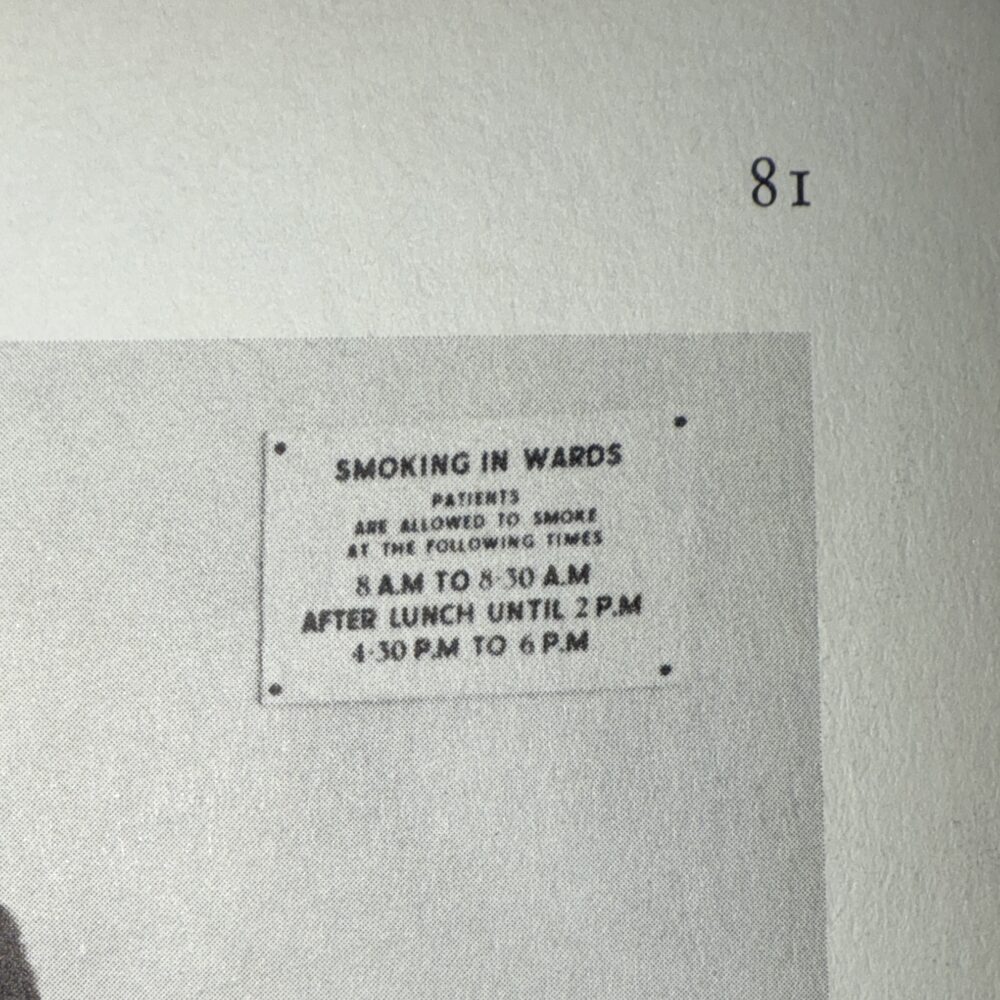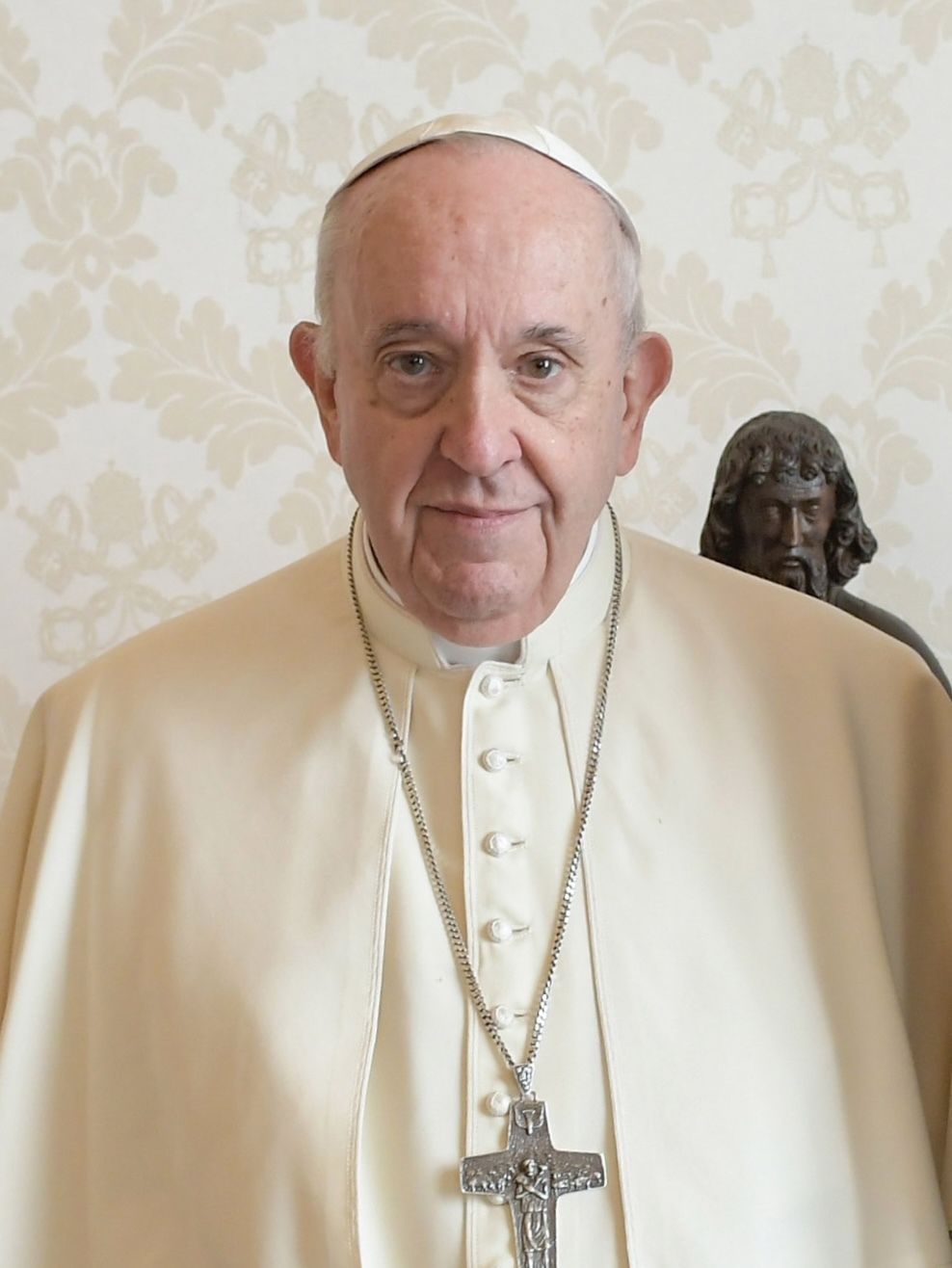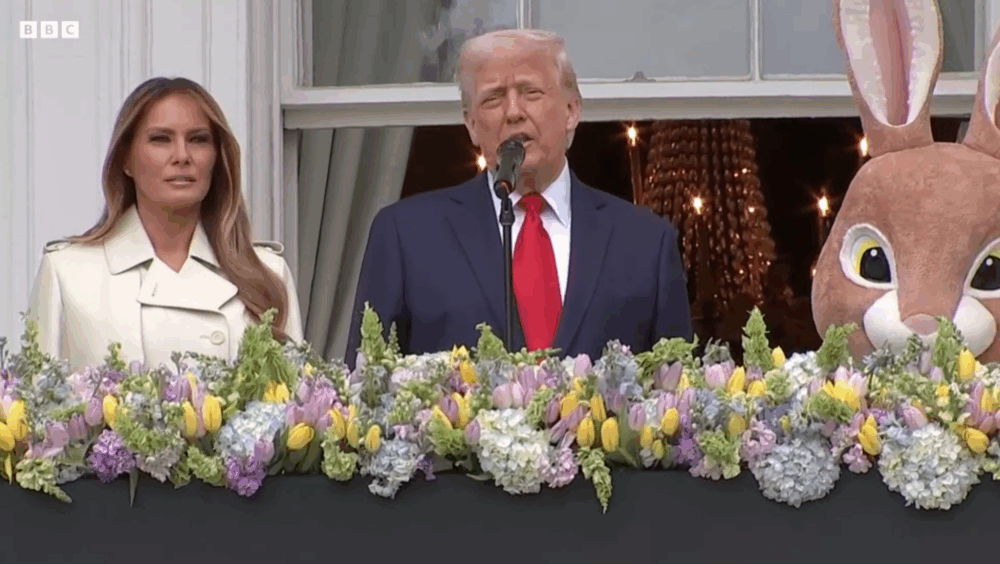Yesterday, for only the second time in my lifetime, a serving Pope died. Remarkably, I’ve been blogging long enough that I wrote about the last one, too. A couple of years ago, I wondered whether Pope Benedict XVI had reformed how a pontificate ends: it’s still centuries too early to judge, but yesterday’s events suggest that, perhaps, he didn’t.
Perhaps, in the interregnum, you’ll allow me a moment to pontificate.
It has often been said—including by me—that I’d make a great vicar. I even won the Religion Cup a few times at school. The only snag is my complete absence of faith or belief in the existence of a divine creator. There’s much that connects medicine and the priesthood, with a sympathetic ear perhaps the most important organ in both professions.
But I could never, except perhaps in the darkest nightmares, imagine being the Pope. The crushing weight of the role; the need to both harbour doubt (for faith requires doubt) and yet be completely unable to express it; the constant, all-consuming observation; the inability to have a day off. It looks a lot like psychological torture.
Whatever else he might have been or done, Francis’s ability to endure that with grace and humility marks him out as exceptional. But, of course, the Catholic Church causes a great deal of harm in the world, and Francis shares responsibility for that.
It has been revealing to see the coverage of Pope Francis’s death, if only for the way it has balanced its presentation. Figures in the news are too often presented as one-sided—‘good’ or ‘evil’—with too little grey. People contain multitudes, and their qualities can be difficult to reconcile: killer and caring professional; rapist and philanthropist; racist and creative.
Pope Francis probably contained more than most, and it is pleasing that news programmes didn’t rush to judge, as they so frequently do, but instead allowed viewers to make up their own minds… or, indeed, choose not to.
These moments of solemnity and reflection are surprisingly revealing.
What does it say about the modern approach to producing news coverage that Sky News carried a commentator talking about how healthy the Pope looked on Sunday, three minutes before they announced his death? Does asking people who have seen the same pictures as the rest of us to comment on someone’s health really have value? Does it truly shed light on anything? Is it really journalism? Is it fair—either to the commentator or the human being concerned? At least they’re never wrong for long.
And what does it say about the United States that their President offers condolences while standing next to a person wearing a rabbit costume? I dread to think, and don’t even want to speculate.
Yesterday, Wendy and I noticed that much of the news coverage was using the words ‘papacy’ and ‘pontificate’ interchangeably. So let me help out, following a quick consultation with the dictionary.
‘Papacy’ is to the Pope as ‘monarchy’ is to the King.
‘Pontificate’ is to the Pope as ‘reign’ is to the King.
No matter what you may have heard on the news, the papacy didn’t end yesterday—only a pontificate did.

